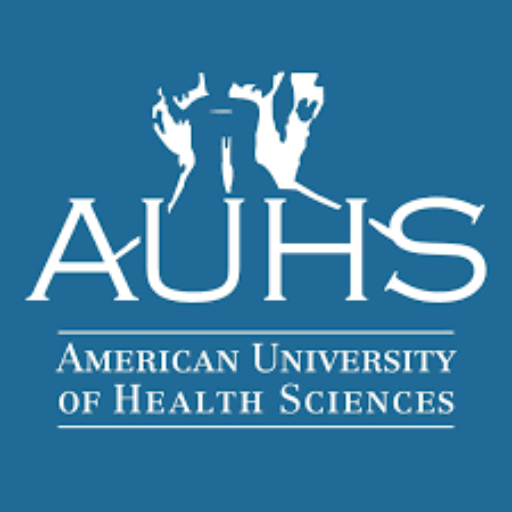CLINICAL PRACTICE EXPERIENCE
- Clinical practice experience provides the student the opportunity to apply theory to practical situations. Participation in assigned practice experiences is mandatory (see Attendance Policies).
- Clinical practice experience evaluation tools are standard tools, subject to modification for each practice course. Each evaluation tool provides specific, measurable outcomes that cover the scope and extent of each practice course objective. These specific tools are essential if learning objectives are to be achieved. Each student is advised that evaluations are designed as tools to keep the student appraised of his/her progress.
- The purpose of clinical practice experience evaluation is to provide an assessment of each student’s abilities and to identify his/her strengths and/or weaknesses. Evaluation tools provide specific guidelines for satisfactory achievement of the clinical objectives.
- The Clinical practice experience evaluation process is ongoing. Faculty will provide documentation on each student’s practice evaluation tool at mid-term and final practice conferences.
- The Clinical practice experience component of a course is graded on a Pass/Fail basis. Students receiving a failure in the practice component of a Pharmacy course may not continue the progression to the next theory/practice course but must repeat the entire course since it is considered to be linked (the theory and practice experience).
- Students and clinical practice experience instructor will sign the Clinical practice experience Evaluation tool indicating that the mid-term and final evaluations were read and discussed.
- Students must pass each practice rotation and must do so by satisfying each practice experience objective. Any student who does not achieve the above requirements in the practice experience rotation will receive a ―Fail‖ for the course.
- Both the theory and related practice courses must be passed in each rotation in order to progress to the next rotation, course and/or level.
- There may be occasions when dismissal of a student by the SON becomes necessary prior to the end of a rotation or course. Examples include excessive medication errors (whether PO, IM or IV), gross negligence/misconduct involving patients, and/or professional misconduct. Reasons for prompt dismissal is not limited to these examples (see the Attendance Policy for specific details regarding attendance requirements and their impact on dismissal).
